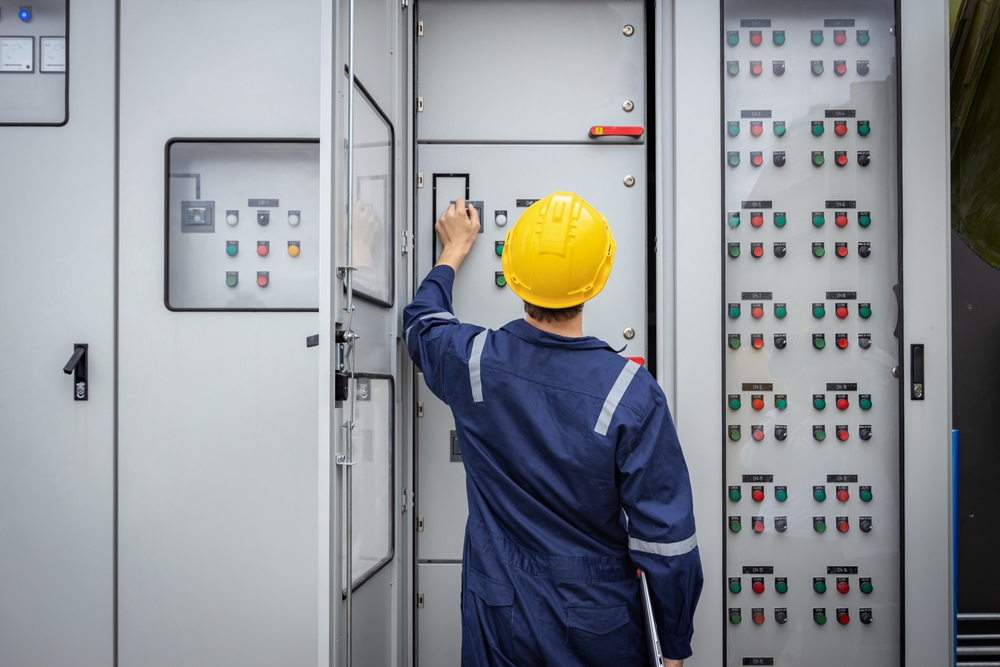In the rapidly evolving world of construction, technology plays an increasingly crucial role. As the industry continues to grow and change, integrating advanced tools and techniques has become essential for improving processes and outcomes. This blog will explore the various ways technology impacts modern construction projects, highlighting key advancements and their effects on the industry.
The Evolution of Construction Technology
Construction technology has come a long way from basic hand tools and manual methods. Over the years, significant innovations have transformed how projects are planned, executed, and managed. Here are some key advancements:
- Computer-Aided Design (CAD): CAD software allows architects and engineers to create detailed digital models of buildings. This technology has replaced traditional hand-drawn blueprints and enables precise design and modification.
- Building Information Modeling (BIM): BIM goes beyond CAD by creating a comprehensive digital representation of a building’s physical and functional characteristics. It facilitates better collaboration among project stakeholders and enhances project accuracy.
- Drones: Drones are increasingly used for surveying and site inspection. They provide aerial views that help in monitoring progress, conducting inspections, and collecting data more efficiently than traditional methods.
Benefits of Technology in Construction
Technology brings several advantages to modern construction projects. Here are some of the key benefits:
- Improved Planning and Design: Advanced software tools allow for more accurate and detailed planning and design. This reduces the likelihood of errors and helps in anticipating potential issues before construction begins.
- Enhanced Collaboration: Digital platforms and tools enable better communication and collaboration among project teams. This leads to more coordinated efforts and reduces misunderstandings and delays.
- Increased Safety: Technology contributes to improved safety on construction sites. For example, wearable devices can monitor workers’ health and safety metrics, while safety management software helps track and address potential hazards.
- Efficient Project Management: Project management software helps in scheduling, budgeting, and tracking progress. This technology enables project managers to keep projects on track and within budget.
Key Technologies Shaping the Industry
Several technologies are particularly influential in modern construction. Let’s explore some of these:
1. 3D Printing
3D printing, also known as additive manufacturing, is making waves in construction. It allows for the creation of building components and even entire structures using digital models. This technology can reduce material waste and speed up construction processes.
2. Robotics
Robotic systems are being used for tasks such as bricklaying, welding, and painting. These robots can work with high precision and often handle repetitive or dangerous tasks, enhancing overall productivity and safety on construction sites.
3. Augmented Reality (AR) and Virtual Reality (VR)
AR and VR technologies provide immersive experiences for visualizing construction projects. AR can overlay digital information onto physical spaces, while VR offers a simulated environment for design review and planning. These tools help stakeholders better understand project details and make informed decisions.
4. Smart Sensors
Smart sensors embedded in construction materials and equipment can monitor various parameters such as temperature, humidity, and structural integrity. This real-time data helps in maintaining quality control and addressing issues promptly.
5. Project Management Software
Modern project management software streamlines many aspects of construction projects. It includes tools for scheduling, budgeting, resource management, and communication. This software helps project managers stay organized and ensures that projects proceed smoothly.
6. Electrical Cost Estimator
One specific tool, the electrical cost estimator, is instrumental in predicting the financial requirements of electrical work in construction projects. By using advanced software and algorithms, this tool provides more accurate cost projections, helping to ensure that budgets are realistic and manageable.
Challenges and Considerations
While technology offers many benefits, it also presents certain challenges. Some of these include:
- High Initial Costs: Implementing advanced technologies can require significant investment. This may be a barrier for smaller construction firms or projects with limited budgets.
- Training and Adaptation: New technologies often require specialized training. Construction professionals must be willing to adapt to new tools and methods, which can take time and resources.
- Data Security: As construction projects increasingly rely on digital tools, ensuring the security of sensitive data becomes crucial. Protecting project information from cyber threats is an ongoing concern.
The Future of Technology in Construction
The future of technology in construction looks promising. Ongoing advancements and innovations are expected to further transform the industry. Emerging trends such as artificial intelligence (AI), machine learning, and advanced robotics will likely continue to shape how construction projects are designed, managed, and executed.
Conclusion
Technology is a driving force behind the transformation of modern construction projects. From improving planning and design to enhancing safety and efficiency, the integration of advanced tools and techniques has a profound impact on the industry. While challenges remain, the continued evolution of technology promises even greater advancements and opportunities in the future. As construction professionals embrace these innovations, they will be better equipped to handle the demands of the modern construction landscape.

